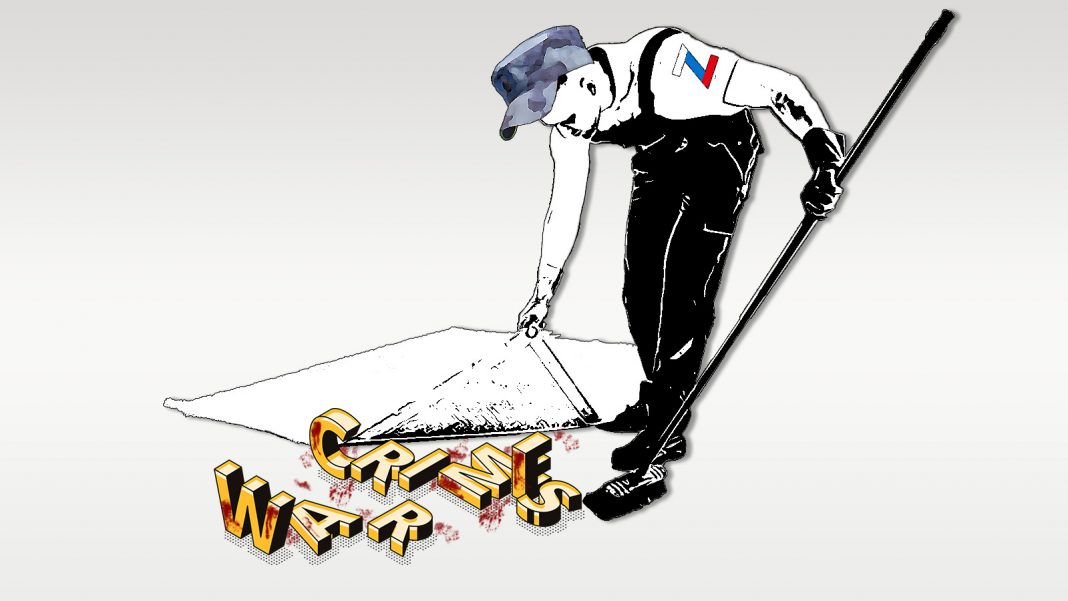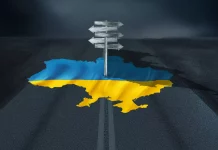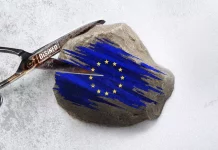On 4-5 April, when the news of the Russian massacres in Bucha outside Kyiv hit international media (but not in Russia!), Poland faced a large-scale troll attack, which had at least three dimensions:
- threatening emails sent to Polish decision-makers
- spam attack on Polish media
- boosting of the World War II Volyn massacre issue on Polish social media.
This way, the Russian trolls once again tried to undermine Polish support for Ukraine.
Threats to decision-makers
Hundreds of Polish politicians, public figures, journalists and experts received an email from a “Polish patriot” who threatened to kill them in the most brutal way for their support of the “Banderite Ukraine”. “Banderite” is shorthand for Stephan Bandera, a Ukrainian politician, Nazi collaborator and theorist of the militant wing of the far-right Organisation of Ukrainian Nationalists. References to Bandera form a recurring pro-Kramlin narrative aimed at denying Ukriane’s identity and equating Ukrainian nationalism with Nazism. Bandera is also a controversial figure in Poland, to say the least, for his anti-Polish stance. Bandera has been used by the Kremlin disinformation machine many times before, in an attempt to touch on the most painful elements of Polish-Ukrainian history.
The text of this email was written in quite a primitive way, so it was evident to the recipients that it was an unsophisticated troll attack rather than a serious death threat.
Spam attack on Polish media
On 5 April, at least one large Polish media agency was bombarded with emails from “regular Russians” who tried to convince the Polish media and journalists that “Nazi” Ukraine committed war crimes against Russian soldiers. These emails were written both in English and Polish.
The Volyn Massacre trending on Twitter
Also starting 4-5 April, the topic of the Volyn massacre entered the list of top trends on Polish Twitter.
The Volyn Massacre is one of the most painful episodes in relations between the peoples of Poland and Ukraine. The tragedy took place throughout 1943-1944 when tens of thousands of Poles living in the Volyn and Galicia regions were murdered or expelled by Ukrainian militia forces.
Polish historiography presents this as an act of genocide or a series of large-scale massacres against the Poles committed by Ukrainian nationalists at that time.
Ukrainian historiography presents it as two-side ethnic cleansing taking place during the military conflict between the Polish and Ukrainian militia forces throughout WWII.
Why now?
Why bringing the topic up now? The Volyn massacre happened almost eighty years ago, but it remains a painful memory for many. And it has been exploited by the Kremlin before, be it for historical revisionism or to repeat well-know manipulation tropes on Nazis ruling Ukraine.
It is hardly a coincidence that the tragedy was highlighted again at this point in time, exactly when the details about the Bucha massacre and Russia’s responsibility for this war crime started appearing in international media.
The trend “Volyn massacre” on Polish Twitter was initiated or at least boosted by the Russian troll networks; after 5 April, it disappeared. A major part of the posts on this topic was published by Polish Twitter users with strong far-right and anti-Ukrainian views, but they did not have enough weight to dominate Twitter trends. An artificial “helping hand”, or to be more precise, coordinated inauthentic behaviour, including malign use of bots and artificial intelligence, was at play. Such use is a standard tool in the Kremlin playbook.
The messages to Poland
Pro-Kremlin narratives circulating in the Polish information environment underlined a few messages: that the Ukrainians will finally understand the Polish pain from the Ukrainian genocide against the Poles during WWII; that the Ukrainians massacred Poles during WWII and now face retaliation from the Russians; that the Ukrainians refused to recognise the Volyn Massacre as genocide, so now they have to suffer from the Russian actions; that the Bucha events are not a real genocide since the Volyn massacre was one hundred times bigger; that the Poles should remember the historical Ukrainian crimes despite the Russian attack on Ukraine; that the Ukrainians keep praising Bandera and other persons responsible for the anti-Polish actions, so now, they face the consequences of such a position.
In other words, trolls and anonymous bots tried to draw parallels between Bucha and Volyn as well as underline Ukraine’s responsibility for the Volyn massacre as an argument that Ukrainians have no moral right to call the Bucha events a genocide. All that in an attempt to divert attention from Russia’s crimes and to drive a wedge between Ukrainians and Poles, who during the current war became closer than ever.
Disinformation campaign in full swing
The disinformation and manipulation campaign was not only rather primitive and clumsy; moreover, it did not take into consideration the current mood in Polish society.
The current situation obviously annoys the Kremlin – as 2.6 million Ukrainian refugees entered Poland since Russia attacked Ukraine again, and the wave of help and welcome from Polish citizens is historic, in spite of the magnitude of the challenge.
While the Russian war machine try to bomb more Ukrainians to flee their homes, the Kremlin’s disinformation machine will likely keep trying to drive further wedges, feed on difficult topics, use tropes of racism, xenophobia and painful divisive events from the past, as it did before.





